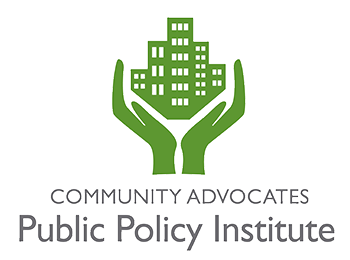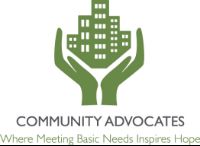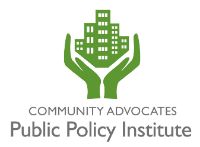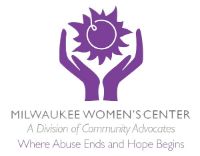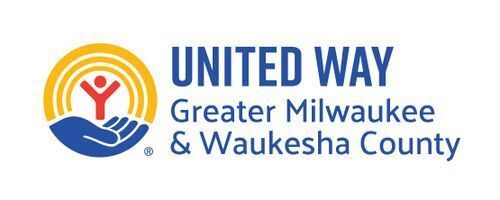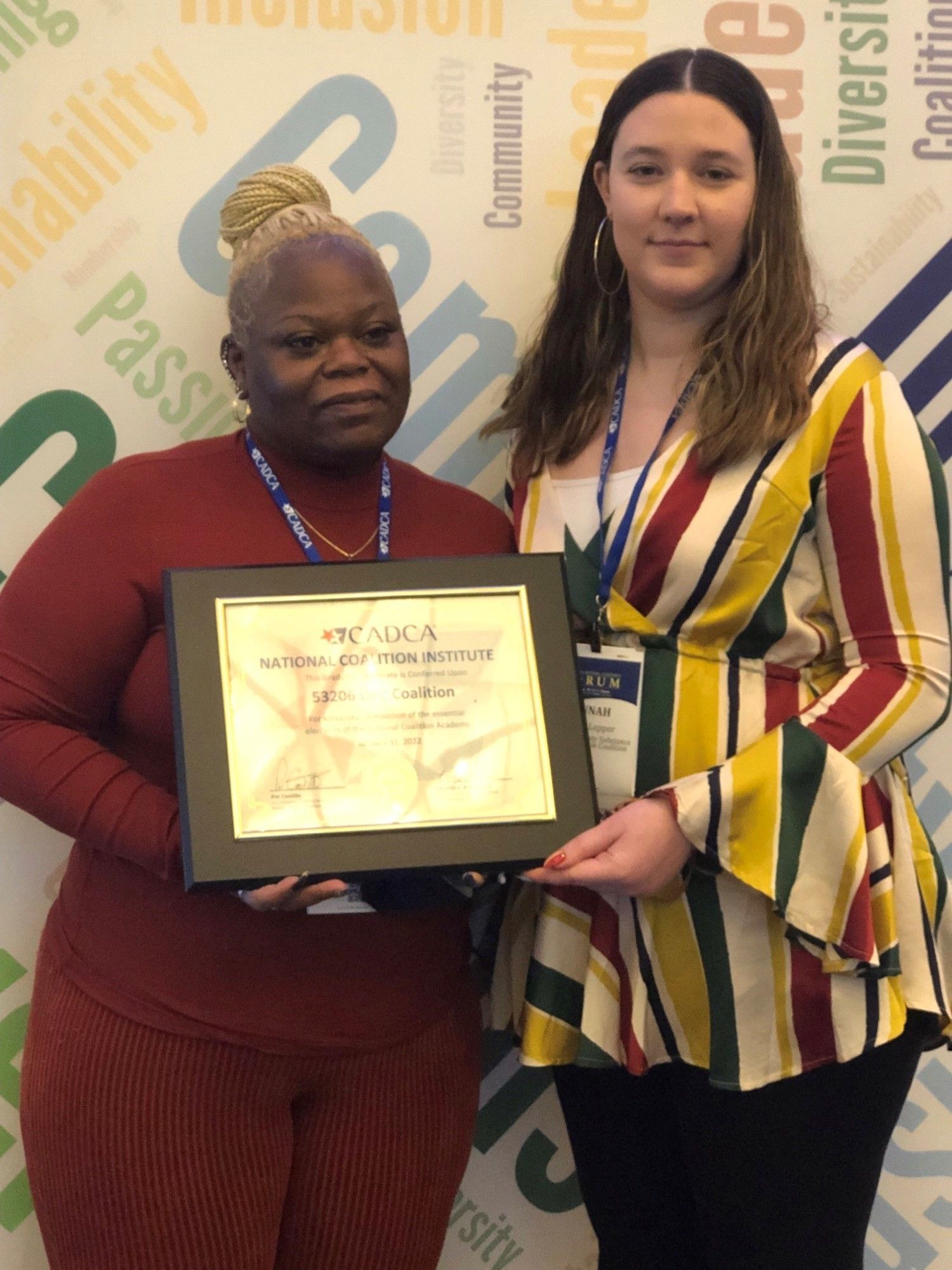
Earlier this month, Community Advocates Public Policy Institute sent a portion of our Prevention Team to the CADCA’s 32nd Annual National Leadership Forum in National Harbor, MD, to learn about best practices and emerging issues in the field of substance use and misuse prevention.
A special bonus was the graduation of Tamika Glenn, Coordinator of the 53206 Drug-Free Communities Project, and Hannah Lepper, Coordinator of the Southeast Region of the Alliance for Wisconsin Youth, from the CADCA Academy. In 2021, Tamika and Hannah worked their way through 96 hours of education and produced six coalition products, which included a Community Assessment, Logic Model, Strategic and Action Plan, Evaluation Plan, Evaluation Communication Plan, and a Sustainability Plan. They were recognized during a graduation ceremony at the Forum and are already putting knowledge to work in Milwaukee and Southeastern Wisconsin.
With the theme of “Prevention Today for a Safer Tomorrow,” PPI’s team learned about a wide range of topics surrounding substance use and misuse, engaging youth, promoting equity in their work, and hearing from coalition members from around the world. Here are a few of their takeaways:
Tamika Glenn, 53206 DFC Coordinator: One of the sessions I liked was “Rock Solid Peer 2 Peer Youth Empowerment” with Luke Fincher of Rock Solid and Debbi Fincher of San Juan Island Prevention Coalition. This session explained that for effective prevention work with youth and community members they have to understand the “why” of prevention work and the effects of drug use. Youth influence other youth, so pairing youth with other youth in the same age range is effective because they feed off each other. Giving them the power to learn from each other makes them feel empowered.
I also got a lot out of “Counterfeit Pills – What Every American Should Know.” There was a study conducted out the University of Albany because college kids were overdosing on counterfeit pills. These pills are being made in people’s homes and sold on the black market. Drug dealers make pills look colorful to draw the brain to the pretty colors. Even at college level the brain is not fully developed. The pills are being advertised like candy and they are given flavors and colors to attract people. The study wanted to know what the best practices are to get out the word about prevention on college campuses. As a result, the DEA started a campaign called One Pill Can Kill.
Kira Hankins, Partnership for Success Coordinator: This was my first ever conference I was able to attend in person at such a large capacity. I was excited, yet nervous at the same time. My nerves were instantly calmed after my first session due to the realization that this experience was much like a classroom. The presenters were like professors and the coalitions were the students. I found that many coalitions were at different education levels. For example, a poll was taken in a session about stigma, and about 5/100 people in the room stated that they believed stigma was not real. I questioned at first why we were learning such basics about stigma, but after this poll, I made the realization. This was the case with many other sessions as well. We were given facts that in my experience, I thought were common knowledge. Although I had this experience, I still gained a lot of knowledge about prevention and harm reduction. My favorite part of every session was when the coalitions were able to voice their opinions, most often at the end. I was able to then connect the education I just gained to real-life experiences and situations that coalitions were currently having. After attending CADCA, I have an even larger appreciation for prevention. I look forward to attending more conferences in the future and making more connections.
Hannah Lepper, Coordinator, Southeast Region of the Alliance for Wisconsin Youth: Attending the CADCA Leadership Forum for the first time in person was a great experience. Not only because we got to enjoy the beautiful Gaylord Hotels and Conference Center but because the opportunity to network in person is something virtual conferences can't replicate. This CADCA Forum was also special because my fellow CA employee Tamika Glenn, the 53206 Drug Free Communities Coordinator, and myself were able to participate in the graduation from the CADCA National Coalition Academy, which we worked very hard to complete this past year.
From the numerous sessions, plenaries, and exhibits that I attended some of the takeaways I had from the conference include:
- How to coordinate a region-wide campaign effort, specifically looking at additional ways to promote the campaign along with the traditional media/social media aspect like working with business sectors to have them earn the campaign materials to post in their store by providing short trainings for staff.
- Also learned about great resources for considering the Accessibility and Readability of campaign materials
- Exploring the idea of building a statewide campus community coalition where college campuses work together to embed prevention, harm reduction, and recovery into their system policies.
- A program that trains school staff and other local businesses to be LGBTQ+ "safe spaces." The teacher/school or business would go through a training to become certified and they would be given a sticker to post on their door/window to let students and community members know that they are an ally.
- Thinking about campaign messaging that addresses young people who have already used but not at the level where treatment/recovery is needed.
- Drug free workplaces: what employers can do.
- Prevention programming should start before high school. If we have conversations with youth in elementary school about health and wellness topics, we are building a foundation of healthy habits.
Gloria Marfo, Mental Health and Wellness Coordinator, MCSAP: “Prevention Today for a Safer Tomorrow.” CADCA’s 32nd Annual National Leadership Forum left me with many things to consider as I make decisions for the work that I do in the field of prevention, specifically as it relates to the relationship between mental health and substance (mis)use. The most personally impactful sessions that I attended focused on a shift from creating programs/coalitions aimed at reducing the prevalence and impact of risk factors, to a focus on creating programs and bringing together representatives from each of the 12 sectors with the specific goals of illuminating and strengthening the protective factors that are already present in our communities. I believe that this paradigm shift in prevention work will result in sustainable programs that will go on to impact our communities long after funding streams cease to flow. I also believe that this shift will promote and increase in community confidence, pride, and cohesion that will result in overall community healing.
If you missed CADCA’s Forum this year, there’s still time to register for the virtual version. Click here for details.
